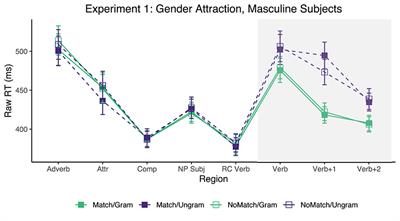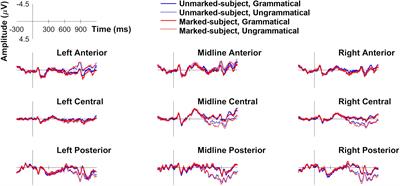EDITORIAL
Published on 08 Oct 2021
Editorial: Featural Relations in the Brain: Theoretical and Experimental Perspectives on Grammatical Agreement
doi 10.3389/fpsyg.2021.754430
- 916 views
- 2 citations
12k
Total downloads
81k
Total views and downloads
EDITORIAL
Published on 08 Oct 2021
ORIGINAL RESEARCH
Published on 21 Jan 2021

CORRECTION
Published on 05 May 2020

ORIGINAL RESEARCH
Published on 11 Feb 2020

ORIGINAL RESEARCH
Published on 20 Sep 2019

ORIGINAL RESEARCH
Published on 25 Jun 2019

ORIGINAL RESEARCH
Published on 06 Jun 2019

ORIGINAL RESEARCH
Published on 31 May 2019

ORIGINAL RESEARCH
Published on 22 May 2019

ORIGINAL RESEARCH
Published on 07 May 2019

ORIGINAL RESEARCH
Published on 07 May 2019

ORIGINAL RESEARCH
Published on 24 Apr 2019
